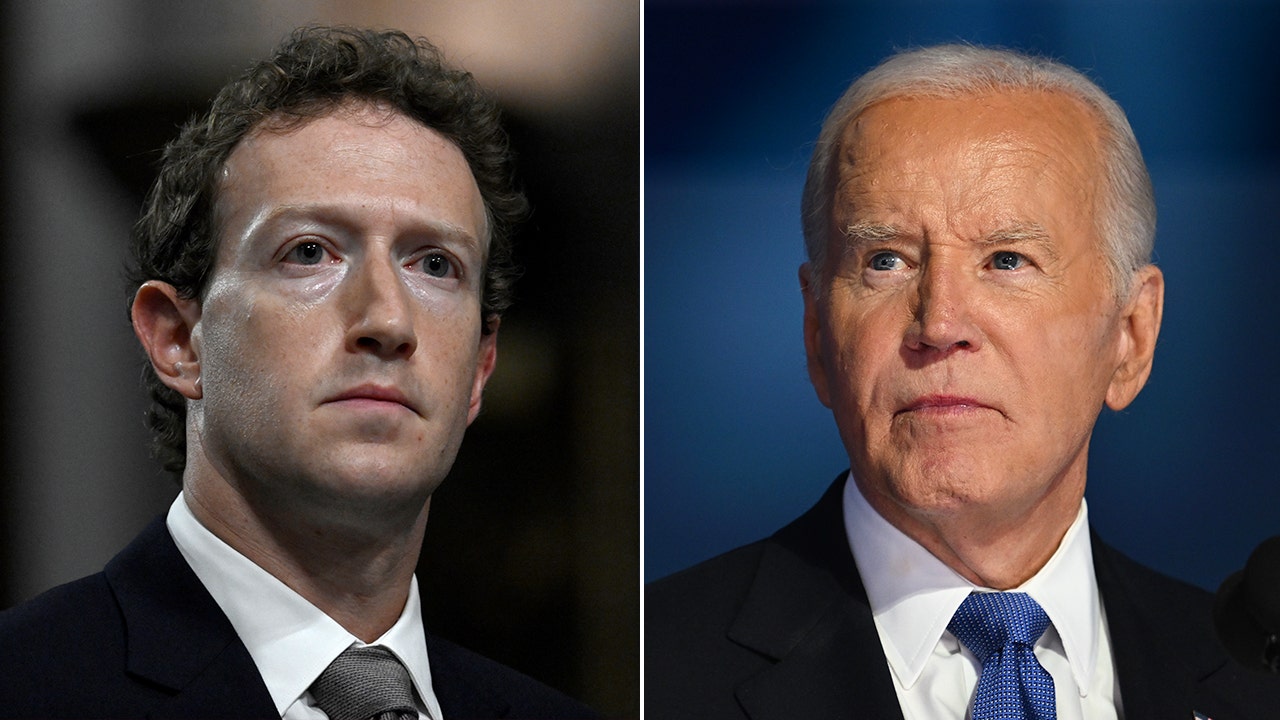Black voters will not only be a driving force in the 2024 elections; they will most likely be the driving force. Recent polls showed that roughly 20 percent of Black voters said they would probably vote for Donald Trump if the election were held today — the highest level of Black support for any Republican presidential candidate since the civil rights era. An additional 8 percent said they wouldn’t vote at all.
Democratic campaign officials are rightly worried, but there’s still time for President Biden to make up the ground he has lost. One way he could do it is by talking to Black America, especially young Black voters, about a sleeper issue: the climate crisis.
As an environment and climate researcher, I have found that despite the growing threat posed by climate change, politicians often seem to downplay the crisis when courting Black communities. Democratic strategists seem to see climate change as a key political issue only for white liberal elites and assume that other groups, like Black voters, are either unaware of or apathetic about it.
In reality, Black Americans are growing increasingly concerned about climate change.
An April poll from CBS News showed that 88 percent of Black adults said it was “somewhat” or “very important.” That makes sense: The most severe harms from climate change, from heat waves to extreme flooding, are already falling disproportionately on their communities. And it’s starting to be reflected in their political priorities. A poll conducted by the Brookings Institution last September showed that climate change is now a greater political concern for Black Americans than abortion or the state of democracy.
If Democrats are serious about making inroads with some of the people they have lost in these communities, they should begin by talking to voters about what the climate crisis looks like for them. In major Democratic strongholds such as Cleveland, Milwaukee and Philadelphia, heat waves and flooding are driving up electricity bills and destroying homes. If Mr. Biden were to routinely speak about these challenges and commit to creating forums for Black Americans to discuss climate concerns with government officials, his administration could earn back some of the faith it has squandered.
As a start, Mr. Biden could focus more intently on young Black people, a group passionate about climate change. Until May 19, when he gave the commencement address at Morehouse College, the president had largely refrained from direct engagement with young Black audiences on the campaign trail. When he speaks to Black voters, climate often is a footnote, or it’s mentioned in a policy buffet along with the economy, abortion and voting rights. During his speech at Morehouse, he mentioned the climate crisis explicitly only in a stray line about “heeding your generation’s call to a community free of gun violence and a planet free of climate crisis and showing your power to change the world.”
There’s a better way to talk about the issue, one that might galvanize Black voters to turn out in November. It’s not with airy calls for solving a global climate crisis but with a sharp message designed specifically for young Black Americans that focuses on how the Biden administration is investing in clean energy hubs, green work force development, tax credits for home improvement measures and community grants. Mr. Biden’s Inflation Reduction Act earmarked roughly $2 billion for community-level climate justice initiatives, such as grants for green technology and reducing the health risks from heat and pollution that have ravaged Black communities, and there’s more money waiting to be doled out.
Mr. Biden has talked about this to some extent. At a recent campaign event in Detroit he told the audience, “We’re making the most significant investment ever in climate, including the most significant action on environmental justice ever. Every child in America deserves to breathe clean air.” And at an event with donors in Chicago he said, “We made the most significant investment in climate ever — ever, ever, ever.”
But somehow it isn’t breaking through to the rank and file. In a recent national poll, 56 percent of Black voters said they had heard “not much” or “nothing at all” about what Mr. Biden has accomplished on climate change. That needs to change.
Historically, the Democratic Party has courted Black voters by pledging to lower their health care costs, support their small businesses, bolster child tax credits and protect voting rights. When it has come time for major, strategic, long-term investments — in job creation, infrastructure, housing and schools — Democrats have been mostly derelict. What’s needed now is sustained interest and support to win back this important group.
This election could come down to several thousand votes in a few key states. If a renewed focus on climate change could help turn Black voters out in, say, Detroit or Philadelphia, it’s worth trying.
Black Americans’ longstanding commitment to the Democratic Party was born out of a desire to be a partner in the future of the country rather than to be an occasional beneficiary. But the polls suggest their patience with the Democratic Party’s election-year-only overtures has finally worn thin. Mr. Biden must make good on the investment that has been made in him by supporting Black America’s future. Given what’s at stake for young Black America as the climate crisis accelerates in the next few years, 2024 is perhaps the best, and last, opportunity for Democrats to take the lead in climate justice instead of playing catch-up, again, for another generation of Black Americans.
Jerel Ezell is a Fulbright scholar and an assistant professor in community health sciences at the University of California, Berkeley, where he studies environmental politics and race.
The Times is committed to publishing a diversity of letters to the editor. We’d like to hear what you think about this or any of our articles. Here are some tips. And here’s our email: letters@nytimes.com.
Follow the New York Times Opinion section on Facebook, Instagram, TikTok, WhatsApp, X and Threads.






